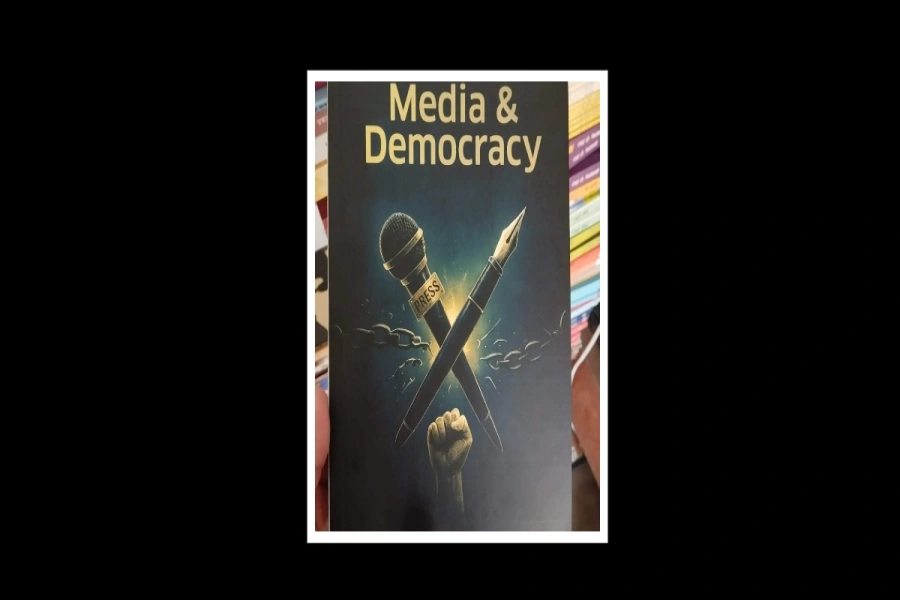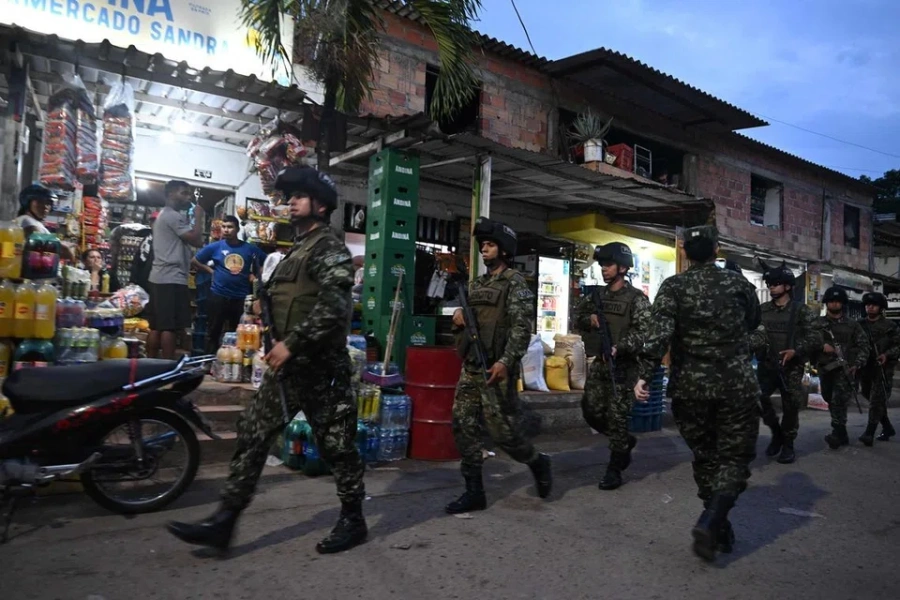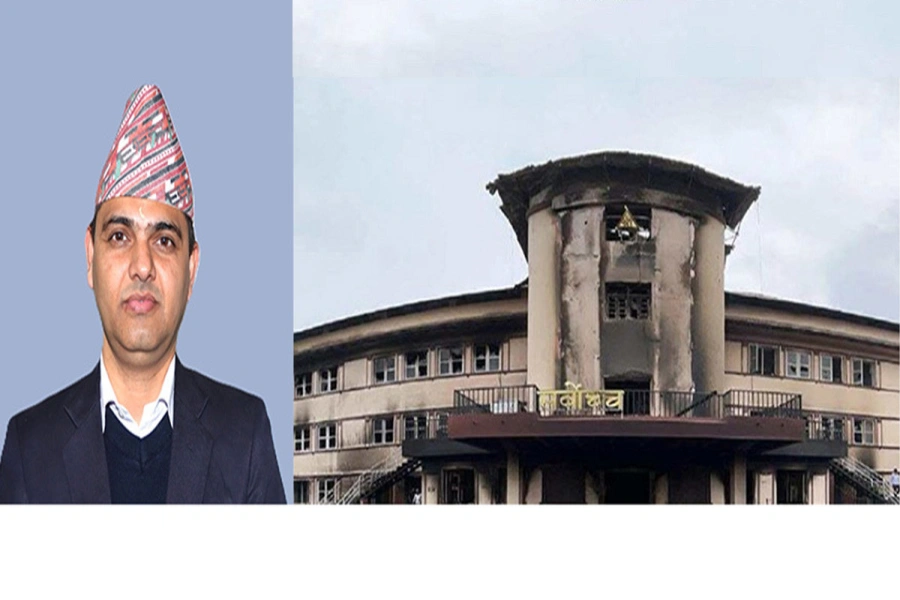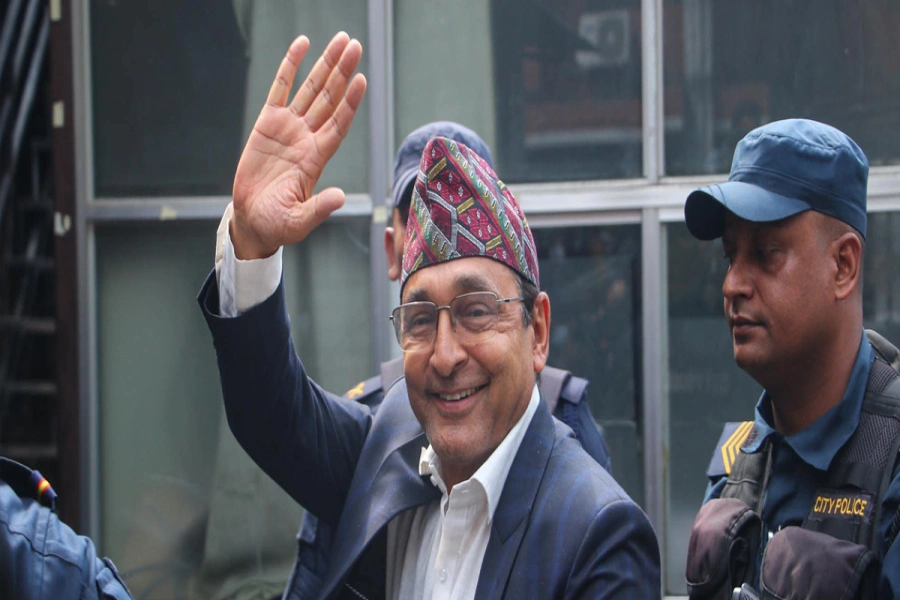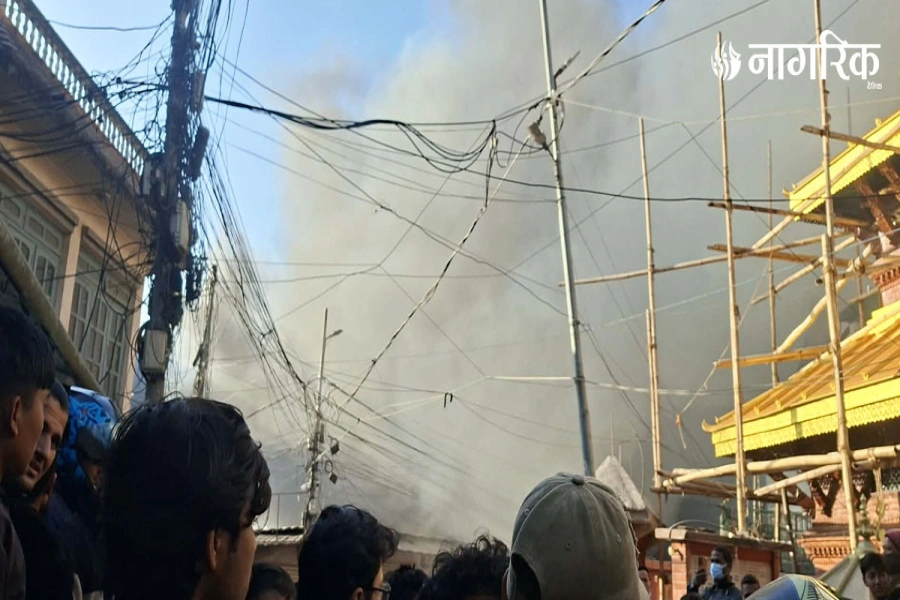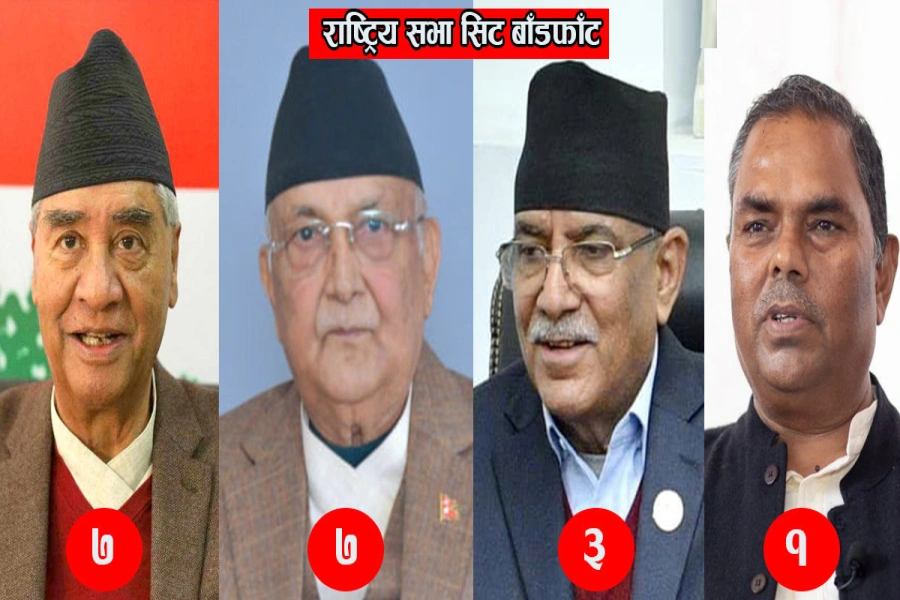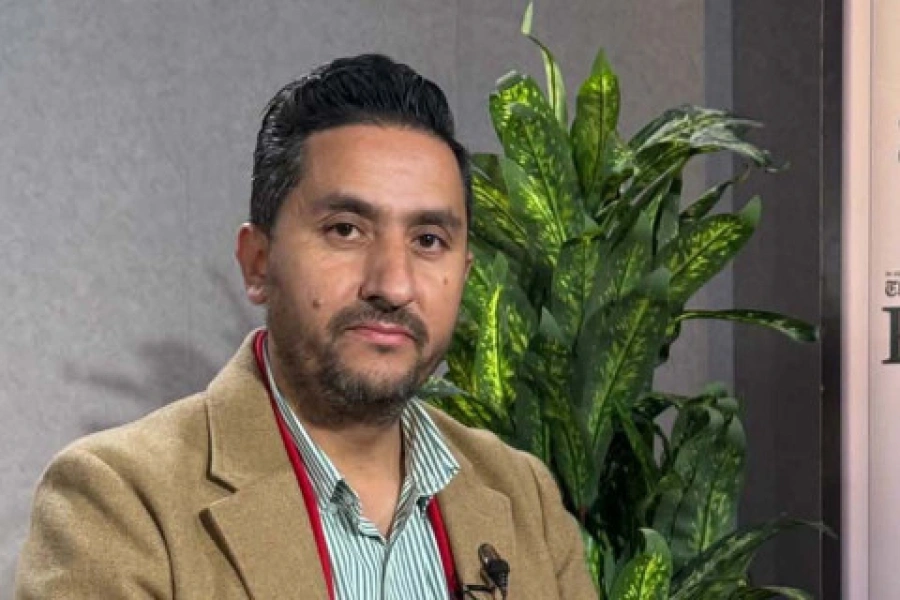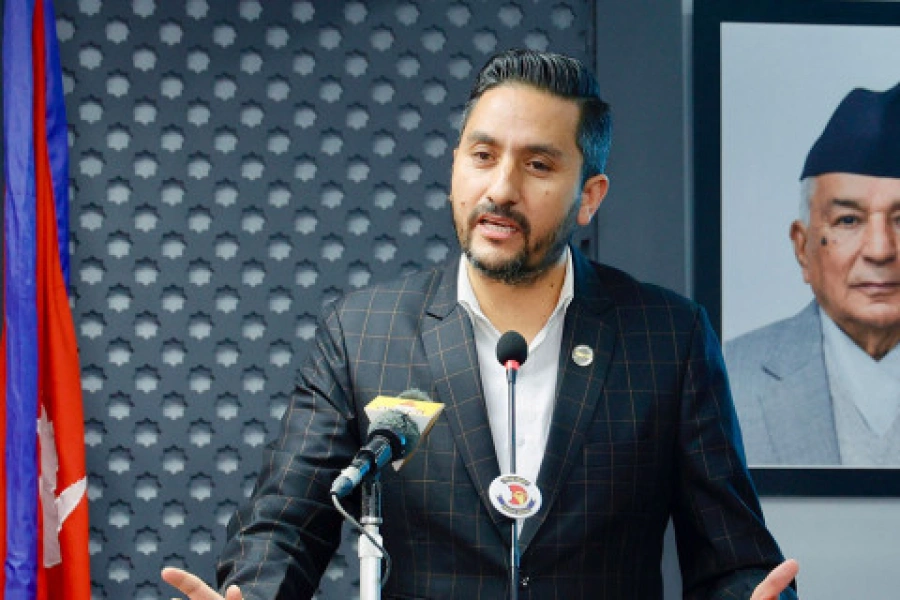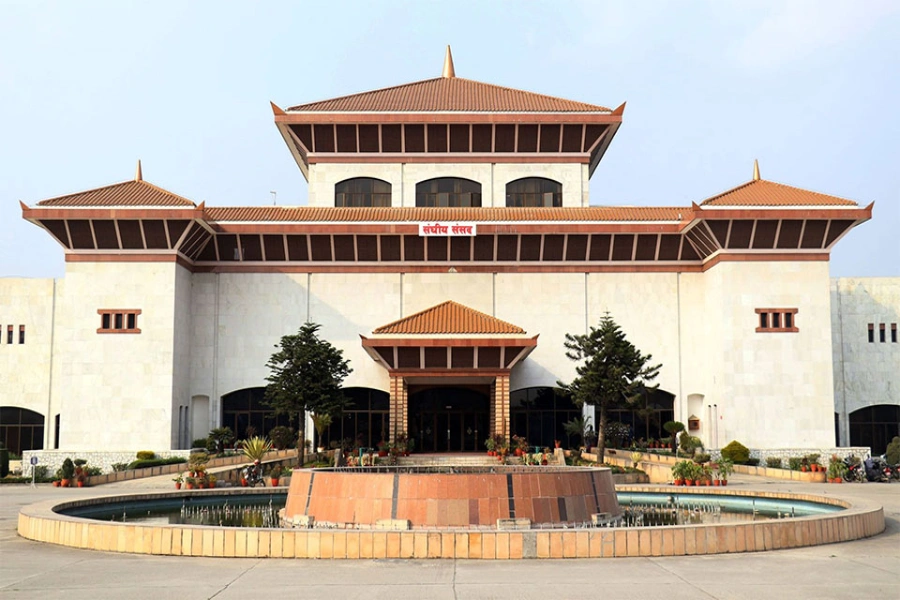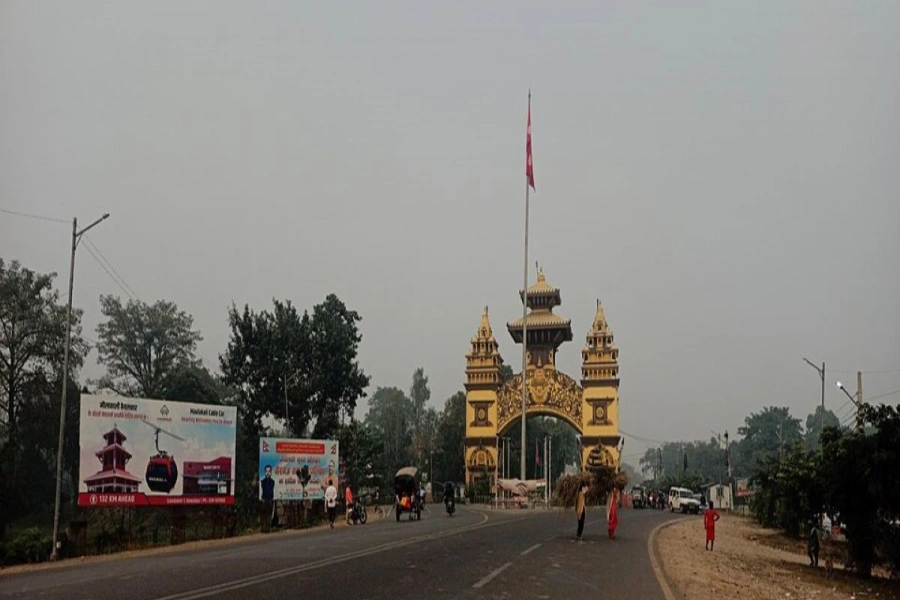There is the conflict between 'pro-life' and 'pro-choice' concerning to abortion rights. This has complicated the reproductive rights discussions with endless contradiction. In this Episode of Sexploration, host Kriti Adhikari and guests Shilpa Lamicchane and Sonam Rai have conversations on opposite sides of a polarizing topic because of circumstantial privilege.Here Shilpa talks on behalf of Pro- Choice and Soman Rai talks about Pro- Life.
Generally, people who identify as pro-choice believe that everyone has the basic human right to decide when and whether to have children. When you say you’re pro-choice, it means that you believe it is okay to have the ability to choose abortion as an option for an unplanned pregnancies.People who oppose abortion often call themselves pro-life. Someone who is pro-life thinks that women do not have a right to choose whether or not to give birth to a child they have conceived, and that abortion is wrong in most or all circumstances.
Women’s right to reproductive self-determination describes several interrelated rights. A woman’s reproductive capacity and jeopardized by restrictions that comprise her ability to decide, according to her own best interests, whether to terminate an unplanned or otherwise unwanted pregnancy.abortion laws protect women’s rights to privacy, autonomy, and free and informed decision-making, among others. Women’s right to reproductive health care implicates the rights to life and health, which are threatened by barriers interfering with access to safe abortion and other reproductive health services. This again relates to the ideologies of pro-life and pro-choice.
Sexploration Episode 1 Legislations should be made addressin...

People identifying as pro-choice believe that everyone has the right to decide if, when and how many children to have.People identifying as pro-life are believe that the life of the fetus takes precedent and they have the right to be born regardless of the external circumstances.Abortion is legally available up to 12 weeks gestation, up to 18 weeks gestation when raped and in cases of incest and at any time during the pregnancy, if it poses a significant risk to the physical and mental health of the woman and in case of fetal abnormality.Despite legality of abortions, there are many social and infrastructural barriers that limit women from accessing safe abortion services.
Soman Rai- co-founder of Voice of Fetus (VOF) Nepal, works on advocating the value of human life and the humanity of an unborn baby in a mother’s womb. VOF seriously prioritizes women in crisis-pregnancy rather than overlook their problem. It assumes that abortion can never be a genuine solution. Rather, it believes befriending, listening, loving and helping are all critical in the vulnerable state of these individuals in a time of crisis. It believes that these individuals must be informed about wise and practical life saving choices that do not lead them to drastic elected abortion procedures. VOF strongly promotes parenting and adoption as an alternative for women in crisis (or so called unwanted) pregnancy. Rai said, "Human life that starts from conception, fertility, small tiny human being who is in development process, size is small, but it has a heartbeat, it has frequent movements, can feel pain, has sense of hearing, so with the perspective of pro-life it is giving value to human life."
Shilpa Lamicchane- Program Manager at Visible Impact for more than 2 years, works on youth empowerment, youth leadership with special focus on Sexual and Reproductive health and rights. Lamicchane said," pro-choice means I believe every human being has fundamental rights when and whether to have the children. If there are any unwanted/unintended and unplanned pregnancies, pregnant women can decide whether she wants to continue the pregnancy or not/or terminate it. A person has a right to choose the option of abortion." She said, " data shows that many people are not able to use contraceptive devices even though they want to. In such circumstances there is a need of abortion. Women have to bear many fatal consequences, even mortalities, morbidities, if they go to unsafe abortions, with this concept I believed that abortion access should be given to human being."
Sex-selective abortions are illegal in Nepal but are still widely practised for preference of sons over daughters. Rai said, "Government should bring a support system and provisions." Lamicchane said, "Abortion should not be restricted, it should be carried out in a safe way. It is very essential to make public aware on the harsh truth about abortion and its possible complications to the issue related a mother’s health, psyche and the implications for the family. There are common grounds that could be followed by both parties for healthy discussions.
Moreover, in this podcast, both advocates answers to questions which include: 26 countries have prohibited abortion in all cases even if carrying the fetus to term is dangerous to the health and life of the pregnant woman; where do you stand on this?Choice and agency of woman or partner/ what to consider or prioritize?,We need to increase interventions so that unintended pregnancies and need for abortion is reduced,Support mechanisms for women in unintended pregnancies and unmarried pregnant women in Nepal must be improved,Social stigmas in Nepal surrounding sex and pregnancy are a huge factor in increasing the need for abortions,Can you think of some common ground that you both share? Do you know about abortion laws in Nepal?What are your thoughts on pro-choice and pro-life movements?
Discussions like these are not about finding a perfect solution to the issue but rather about having a healthy dialogue. Too often these days, the only dialogue happening between people of different belief systems is aggressively and anonymously on the internet. There should be healthy discussions, empathy and understanding between each other. "Pro-choice” and “pro-life” labels don’t reflect the complexity of how most people actually think and feel about abortion.
Video Link: http://bit.ly/3Wenjas



